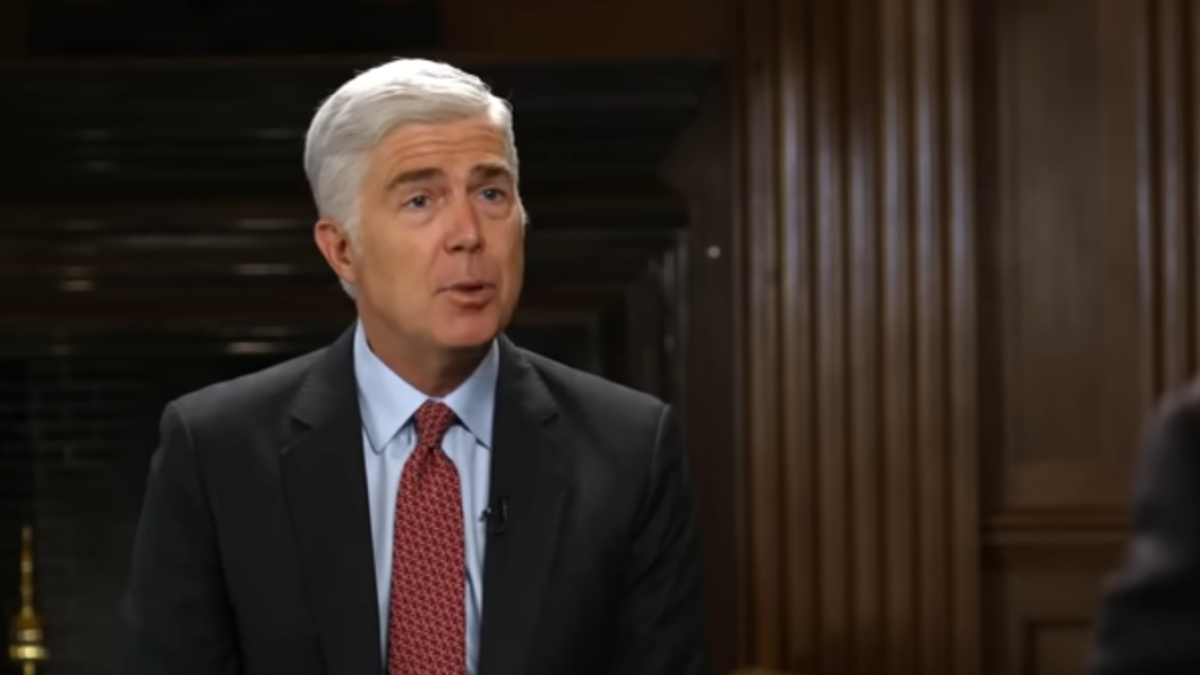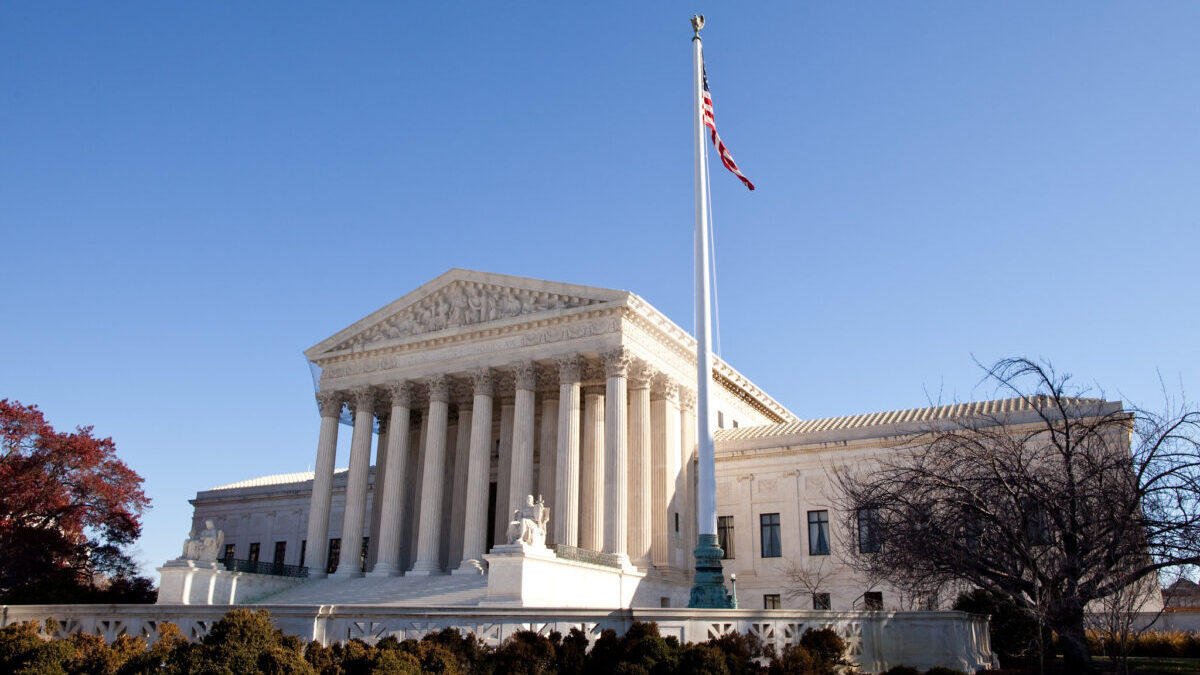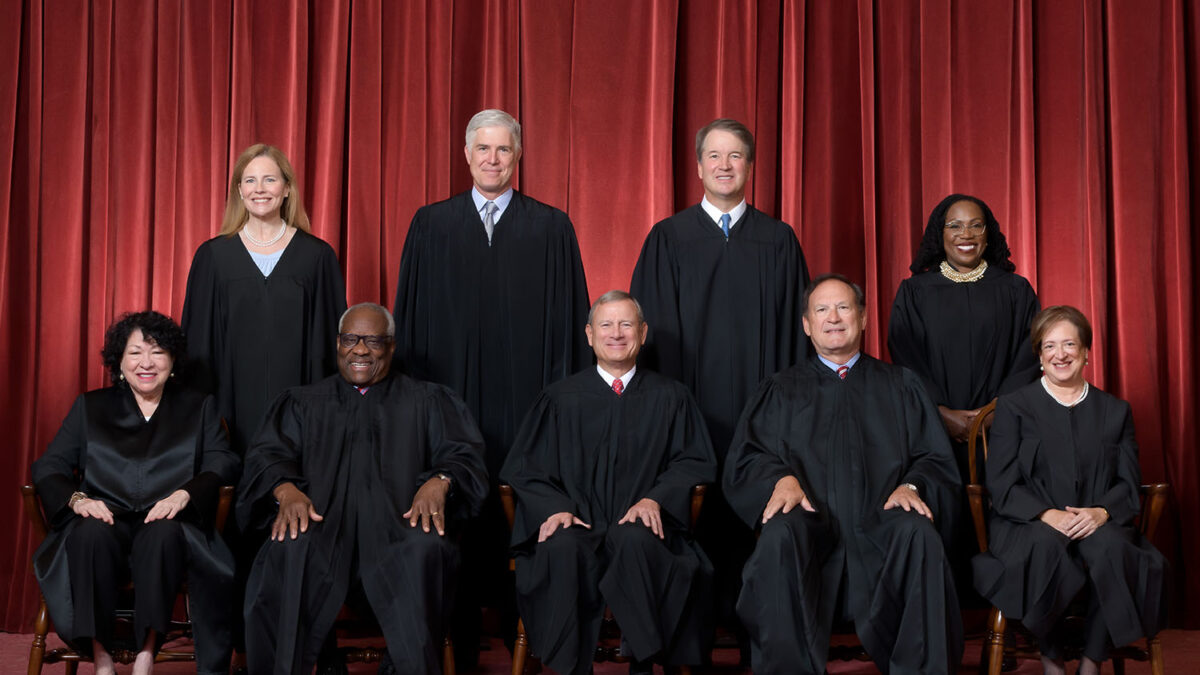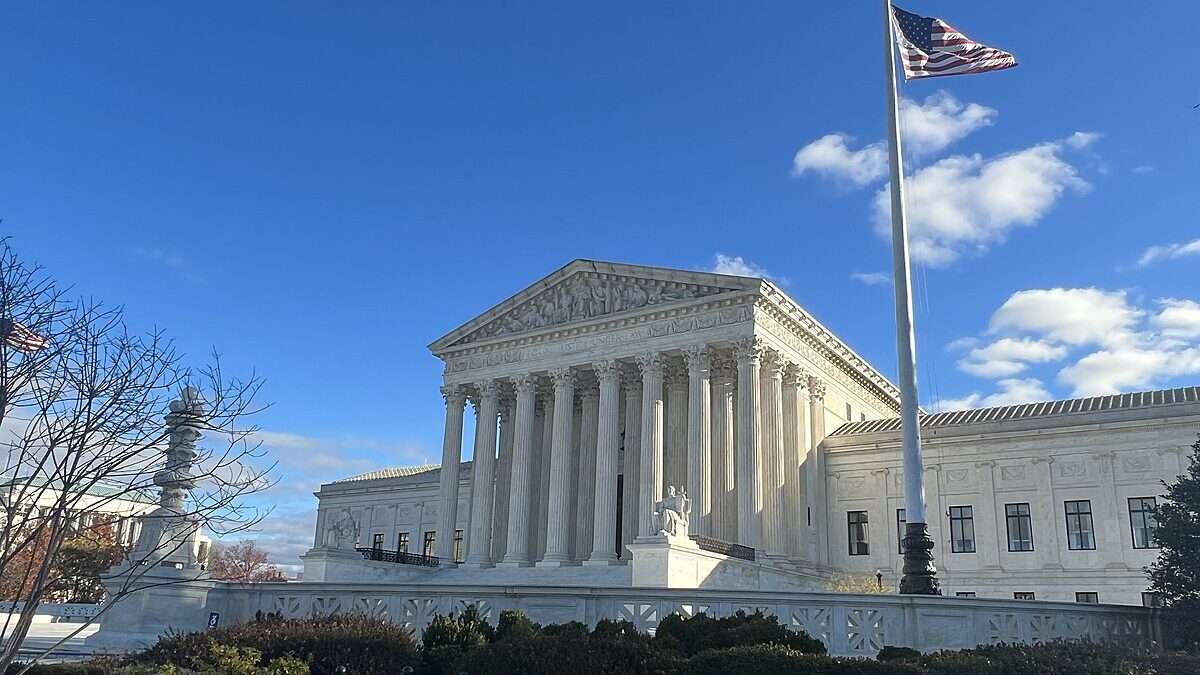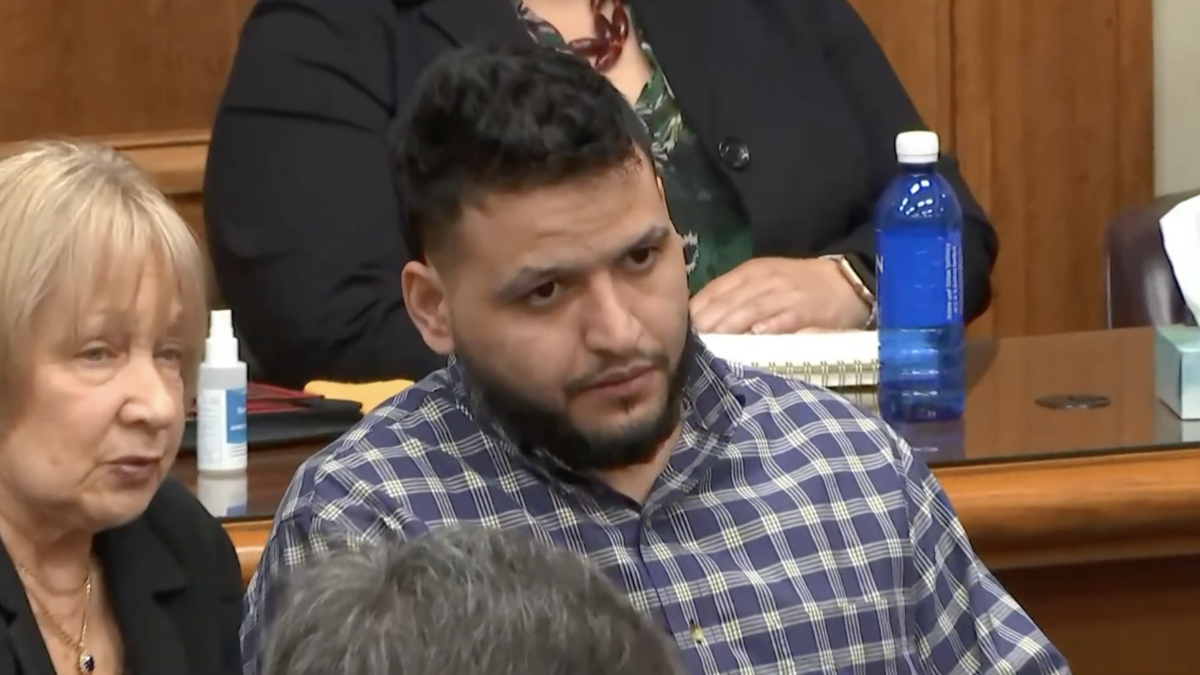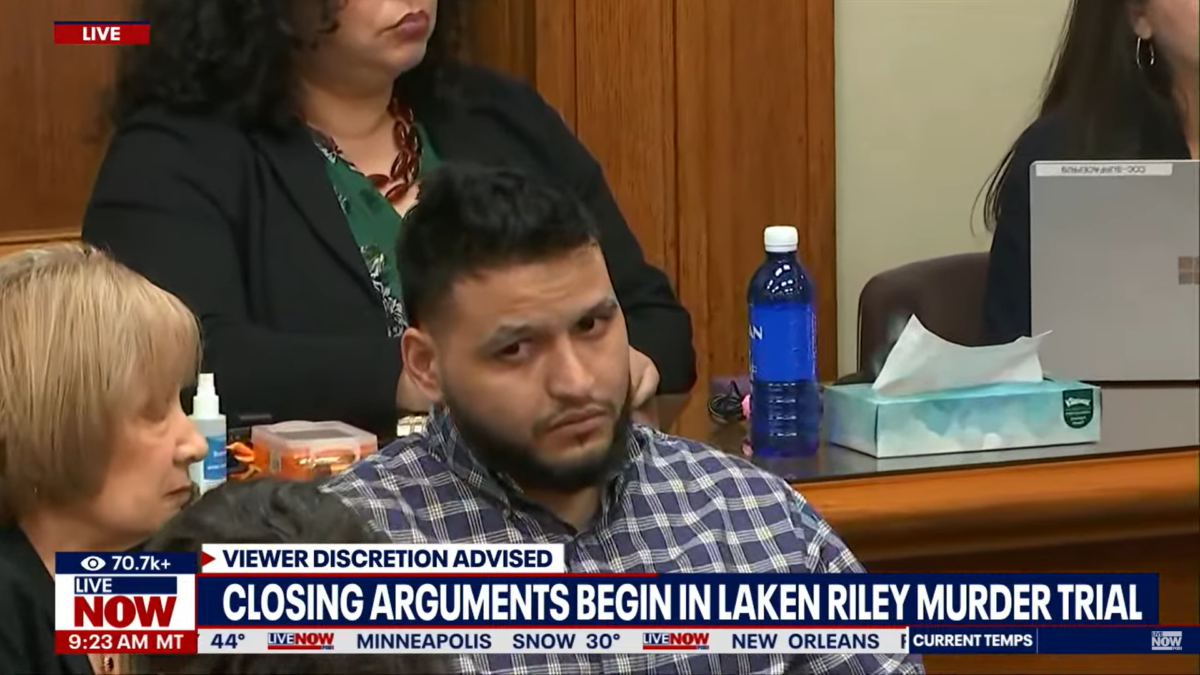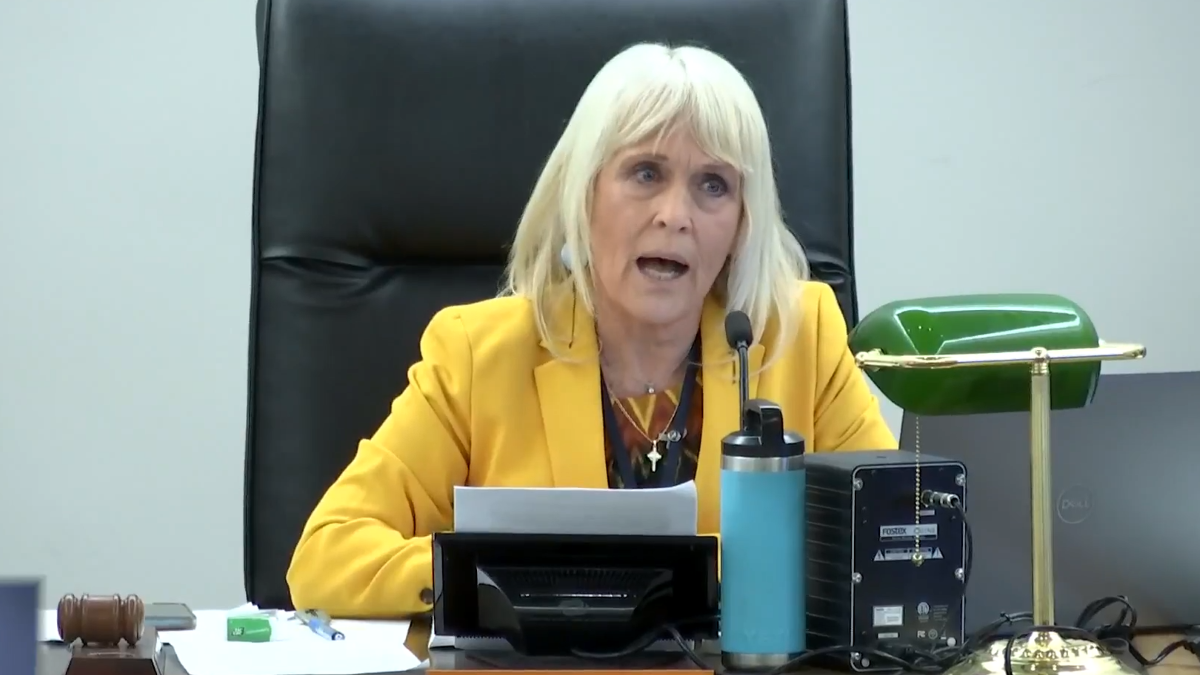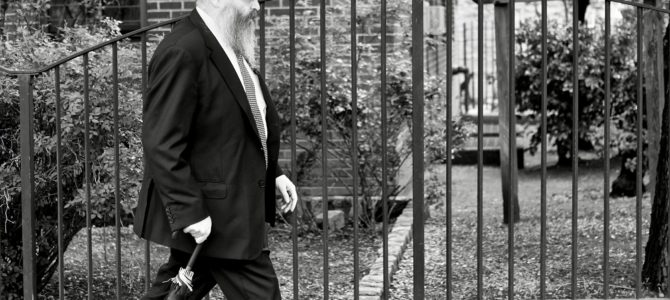
The Becket Fund for Religious Liberty and its ultra-Orthodox Jewish clients beat New York Gov. Andrew Cuomo in October. Can they make it two in a row? The rights not just of one faith community but all people of faith, who believe the First Amendment wasn’t somehow repealed during the coronavirus outbreak, are at stake in its advocacy in the case of Agudath Israel of America v. Cuomo.
The lawsuit challenges the right of Cuomo to enforce a discriminatory “cluster initiative,” which singles out predominantly Orthodox Jewish neighborhoods in Brooklyn for lockdown closures of synagogues, religious schools, and holiday gatherings even though only blocks away restaurants and schools were allowed to remain open.
The blatant bias shown by New York’s policies are rooted in politics and prejudice that are specific to the fervently religious Orthodox communities. But they are not fundamentally dissimilar from other restrictions that have been applied against houses of worship throughout the country. All across America, governors and mayors, drunk with the power they were either given or seized because of fear of the virus, suddenly decided they could deny rights specifically guaranteed by the Constitution.
Fear Sweeping Away the Constitution
As Justice Samuel Alito pointed out in a speech earlier this month, the pandemic has provided us a “constitutional stress test.” He worried that under the current circumstances,” religious liberty is fast becoming a disfavored right.”
The justice made clear that he wasn’t “diminishing the severity of the virus’ threat to public health” or even “saying anything” about whether lockdown rules were “good public policy.” But he was pointing out that “the pandemic has resulted in previously unimaginable restrictions on individual liberty” and that this had happened “by executive fiat rather than legislation.”
The unchecked growth of the administrative state and the rule of unaccountable “experts” long precede the appearance of the coronavirus. But what we have experienced in the last nine months is the sweeping away of legal norms that deserves more than a passing glance, even in the midst of a public emergency.
Alito pointed out that in a crucial Nevada case — Calvary Chapel v. Sisolak — the courts deferred to the governor’s judgment about how to restrain the virus. That resulted in a rule that allowed casinos to operate while severely restricting the right to attend a house of worship. Yet we’re supposed to think these kinds of arbitrary and illogical rules are kosher and that anyone who notices that something is very wrong is a partisan troublemaker.
As Alito said, treating the right to religious freedom as important as that of a casino to operate shouldn’t have been a “tough call.” If you look in the Constitution, “you will see the Free Exercise Clause of the first amendment which protects religious liberty, you will not find a craps clause or a blackjack clause or a slot machine clause.”
The vote in Calvary Chapel v. Sisolak was 5-4 in favor of the state against the church, with Chief Justice John Roberts performing his now familiar role as a swing vote siding with the court’s liberals. But the death of Justice Ruth Bader Ginsburg in September and her replacement by Justice Amy Coney Barrett opens the possibility that this time, Alito will be in the majority if the Supreme Court accepts Agudath Israel’s request for an emergency injunction against Cuomo’s discriminatory rules.
New Lockdowns, New Lawsuits
The case, which is paired with a companion case, Roman Catholic Diocese of Brooklyn v. Cuomo, comes after Becket’s victory in a similar case in October.
In Leibovits v. Cuomo, Becket represented Bais Yaakov Ateres Miryam, an Orthodox Jewish girls’ school located in Far Rockaway, New York. Cuomo and New York City Mayor Bill de Blasio sought on Oct. 6 to shut down Bais Yaakov, which had been open for months and had, thanks to rigorous health protocols, not had a single reported COVID case.
It was targeted simply because it was an Orthodox school at a time that community was widely perceived as COVID scofflaws. But once the lawsuit was filed and a federal judge demanded the state explain the criteria by which it had decided to close the school, the state quickly backed down on Oct. 22, in effect conceding that there was no evidence, scientific or otherwise, to back up the claim that its continued operation aided the spread of the contagion.
But with the number of coronavirus cases increasing this fall as the preventative measures tried by governments and health authorities to limit the impact of the disease — including lockdowns of regions and school closings — ultimately proved unable to stem its spread, Cuomo and other governors are again exercising their emergency powers to impose the same rules.
In New York, that has led to a new shutdown of public schools (despite the absence of evidence that schools are spreading the disease) but also the enforcement of Cuomo’s scheme for limited lockdowns that target the ultra-Orthodox. It is that cluster initiative that Becket’s brief for Agudath Israel, the largest independent group representing that community, seeks to overturn following a defeat in the appellate court.
Clear Targeting of Religious Group
As in the case of Masterpiece Bake Shop v. Colorado Civil Rights Commission, it’s Cuomo’s own words that prove the discriminatory nature of his orders. In Masterpiece, a religious baker was punished by the state for refusing to bake a special wedding cake for a gay couple because it violated his faith. The Supreme Court ruled in favor of the baker on the limited grounds that the Colorado Civil Rights Commission had labeled his faith “offensive,” a clear example of prejudice.
While Cuomo didn’t openly disparage Judaism — after all, Jews constitute approximately 9 percent of all voters in New York —in comments on CNN, the governor made it clear that the only reason the lines of his clusters were drawn was to target the ultra-Orthodox.
“Yeah, the cluster is a predominantly ultra-orthodox cluster. The Catholic schools are closed because they happen to be in that cluster, but the issue is with that ultra-orthodox community,” Cuomo said. “…and the truth is if you don’t follow the rules, the infection rate spreads, people get sick, and then you make others sick.”
God More Important to the Orthodox than Comfort
While the notion that ultra-Orthodox Jews are unique in flouting coronavirus regulations is a canard, it is true that this community regards its right to continue their religious way of life — which centers on regular synagogue attendance, faith-based education, and community gatherings to celebrate life cycle events and holidays — as non-negotiable. Zoom and YouTube religious services, for example, violate Orthodox restrictions on the use of technology on the Sabbath and holidays. Whereas many other Americans have prized the perception of safety above their freedom and treated religious observance as expendable, the ultra-Orthodox believe the pandemic doesn’t justify giving up a lifestyle that is rooted in faith and observance.
Doing what is necessary to save lives is a principle that is enshrined in Jewish religious law as well as common sense. But the ultra-Orthodox think their right to live as they choose needs to be defended.
In essence, this community is living out the New Hampshire motto of “live free or die.” They believe that being forced to give up communal prayer and gatherings is not just an inconvenience but also a threat to their identity and rights.
You don’t have to share the ultra-Orthodox worldview or their beliefs to understand that a government that is willing to send officers and inspectors to shut down their synagogues and schools while turning a blind eye to Black Lives Matter demonstrations or those celebrating Democratic Party election victories is enforcing pandemic rules based on political and religious considerations rather than objective science.
Arbitrary Power Is Inherently Unjust
As in the Nevada case, the question before the courts is not whether states can take action to try to save lives in the midst of a public health emergency. Rather, it is whether politicians, emboldened by the conceit that they have now been given unlimited power by the panic over the pandemic, can exercise it not only in an arbitrary manner but also in a way that specifically discriminates against faith groups.
That is what has happened across the nation. Houses of worship — that are considered essential services to people of faith but not to the secular — have been shut down as a host of non-religious businesses and institutions have been allowed to stay open.
Cuomo’s targeting of the ultra-Orthodox could be the test case that, thanks to a change in the Supreme Court’s composition, sinks the notion that the COVID crisis repealed the First Amendment. Those who believe that basic freedoms must not be discarded in a futile search for safety or to gratify the authoritarian instincts of power-drunk politicians like Cuomo should be praying for Becket’s success in court.


